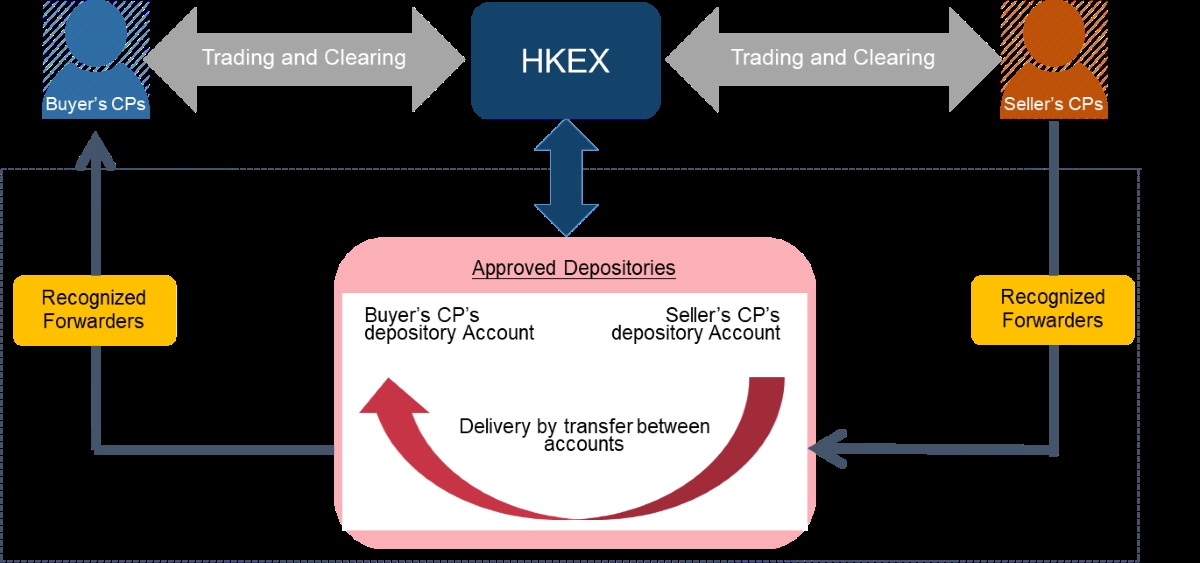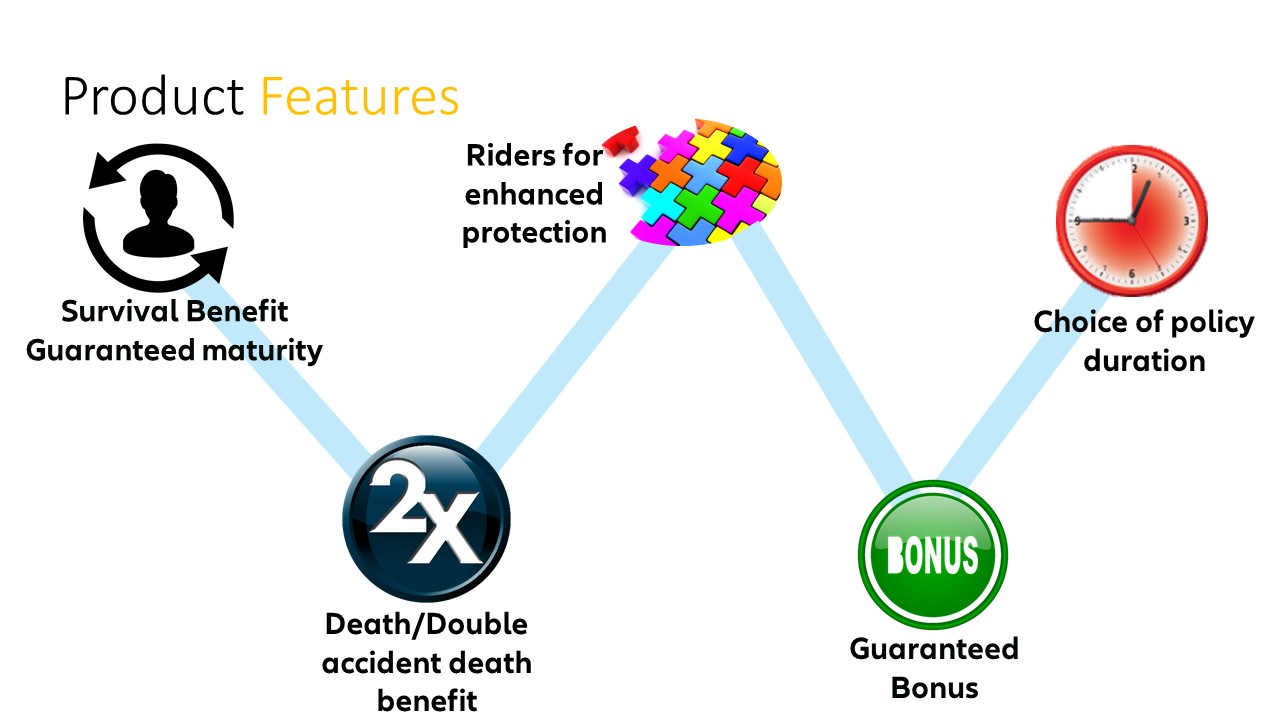Home>Finance>Why Is A Life Insurance Policy Delivery Date Important?


Finance
Why Is A Life Insurance Policy Delivery Date Important?
Published: November 3, 2023
Discover why the delivery date of a life insurance policy holds utmost significance and how it impacts your financial planning.
(Many of the links in this article redirect to a specific reviewed product. Your purchase of these products through affiliate links helps to generate commission for LiveWell, at no extra cost. Learn more)
Table of Contents
Introduction
When it comes to purchasing a life insurance policy, there are several important factors to consider. From the coverage amount to the premium cost, these elements play a significant role in determining the suitability of a policy for an individual’s needs. However, there is another crucial aspect that often goes overlooked – the life insurance policy delivery date.
The life insurance policy delivery date refers to the date on which the insurance company officially delivers the policy documents to the policyholder. It marks the commencement of the policy’s effectiveness and the start of the coverage. While it may seem like a simple administrative formality, the delivery date holds immense importance for both the policyholder and the insurance company.
In this article, we will delve into the significance of the life insurance policy delivery date and why it should not be underestimated or overlooked. From the implications of delayed policy delivery to the steps one can take to ensure timely delivery, we will shed light on the crucial aspects that every potential policyholder should be aware of.
What is a life insurance policy delivery date?
A life insurance policy delivery date is the specific date on which the insurance company officially hands over the policy documents to the policyholder. It is the moment when the policy becomes effective and the coverage begins. Essentially, it is the point at which the insurance contract is finalized, and both parties – the policyholder and the insurance company – are bound by its terms and conditions.
During the application process, the policyholder provides all the necessary information to the insurance company, undergoes any required medical examinations, and agrees on the coverage amount and premium cost. Once the application is approved, underwritten, and all necessary paperwork is completed, the insurance company prepares the policy documents for delivery.
The policy documents typically include the policy contract, policy schedule, policy certificate, and any relevant endorsements or riders. These documents contain all the details of the policy, such as the coverage amount, policy term, premium payment frequency, beneficiary designation, and other important provisions.
It is important to note that the life insurance policy delivery date may not necessarily coincide with the date of application approval. There is usually a time gap between approval and actual delivery, as the insurance company needs time to process the paperwork, print the policy documents, and arrange for their secure delivery to the policyholder.
Once the policy is delivered, the policyholder should carefully review the documents to ensure that all the information is accurate and matches the agreed-upon terms. Any discrepancies or errors should be promptly addressed with the insurance company to avoid any future complications.
In summary, the life insurance policy delivery date is the date when the insurance company officially provides the policy documents to the policyholder. It signifies the start of the coverage and the binding agreement between the policyholder and the insurance company.
Importance of the life insurance policy delivery date
The life insurance policy delivery date holds significant importance for both the policyholder and the insurance company. Here are some key reasons why this date should not be underestimated:
- Commencement of coverage: The policy delivery date marks the official start of the insurance coverage. It is the point at which the policyholder becomes protected by the terms and provisions outlined in the policy. Without the delivery date, the policy remains inactive, and the policyholder is not entitled to any benefits or coverage.
- Proof of ownership: The policy documents delivered on the policy delivery date serve as legal proof of ownership. They provide tangible evidence that the policyholder is the rightful owner of the insurance contract and can claim the benefits as specified.
- Understanding policy details: The policy documents contain all the terms, conditions, and provisions of the policy. Reviewing the policy documents upon delivery allows the policyholder to fully understand the coverage and the obligations and responsibilities associated with it. It provides an opportunity to clarify any doubts or seek clarification from the insurance company regarding the policy terms.
- Initiating premium payments: The policy delivery date is also crucial for initiating premium payments. It signals the starting point for premium payments to maintain the policy in force. The policyholder needs to be aware of the due dates and payment methods mentioned in the policy documents in order to ensure timely premium payments.
- Resolving discrepancies: Reviewing the policy documents upon delivery allows the policyholder to identify and rectify any discrepancies or errors. If there are any inaccuracies in the policy details, such as the coverage amount or beneficiary designation, addressing them promptly is vital to avoid complications or confusion in the future.
Overall, the life insurance policy delivery date is of utmost importance as it signifies the start of coverage, provides legal proof of ownership, and allows the policyholder to review and understand the details of the policy. It establishes the foundation for a smooth and transparent relationship between the policyholder and the insurance company.
Ensuring timely policy delivery
Timely delivery of the life insurance policy is crucial to ensure that the coverage starts as planned. Here are some steps that policyholders can take to help facilitate a smooth and prompt policy delivery:
- Provide accurate and complete information: During the application process, it is essential to provide the insurance company with accurate and complete information. This includes personal details, contact information, and any required medical information. Inaccurate or incomplete information can lead to delays in underwriting and policy processing.
- Respond to requests promptly: If the insurance company requires additional information or documents, it is important to respond promptly. Any delays in providing the requested information can impede the processing of the application and subsequently the policy delivery date.
- Follow up on the application status: Regularly follow up with the insurance company to inquire about the status of the application. This will ensure that you stay informed about any potential delays and can take appropriate action to expedite the process if needed.
- Review and sign documents promptly: Once the policy documents are ready for delivery, review them thoroughly and promptly sign any necessary forms. This will help speed up the delivery process and ensure that the policy becomes effective as intended.
- Ensure accurate delivery address: Provide the insurance company with a correct and up-to-date delivery address. Double-check the address to avoid any errors or discrepancies that could lead to delays or misdelivery of the policy documents.
- Track the delivery: If the insurance company provides tracking information, monitor the progress of the delivery. This will allow you to be aware of any potential delays or issues and take appropriate action if necessary.
By following these steps, policyholders can increase the likelihood of a timely policy delivery and ensure that the coverage begins as planned. It is important to proactively communicate with the insurance company and stay informed throughout the process to address any potential delays or issues promptly.
Implications of delayed policy delivery
Delayed policy delivery can have various implications for both the policyholder and the insurance company. Here are some key consequences of a delayed policy delivery:
- Delayed coverage start: The most obvious implication is that the policyholder’s coverage will start later than intended. This means that in case of an unforeseen event or an unfortunate incident during the period of delay, the policyholder will not have the financial protection provided by the insurance policy.
- Financial insecurity: A delayed policy delivery can leave the policyholder and their loved ones financially vulnerable. Without the insurance coverage in place, they may not have the necessary funds to cover expenses related to medical emergencies, funeral costs, or loan repayments.
- Potential loss of benefits: Some insurance policies come with specific benefits or riders that have eligibility criteria or time limitations. If the delayed delivery causes the policy start date to fall outside the eligibility period or the rider expiration date, the policyholder may lose out on valuable benefits.
- Confusion and misunderstandings: Delayed policy delivery can lead to confusion and misunderstandings between the policyholder and the insurance company. It may result in miscommunication or disagreements regarding the terms and provisions of the policy, leading to potential disputes.
- Disruption of financial planning: A delayed policy delivery can disrupt the policyholder’s financial planning and goals. They may have made financial decisions or commitments based on the expected coverage start date, and the delay can undermine their financial strategies.
- Negative perception of the insurance company: A delayed policy delivery can create a negative perception of the insurance company in the eyes of the policyholder. It may erode trust and confidence in the company’s ability to fulfill its obligations in a timely manner.
It is crucial for policyholders to communicate any concerns or issues regarding delayed policy delivery with the insurance company. Clear and open communication can help address potential concerns and find suitable solutions to mitigate the implications of the delay.
Similarly, insurance companies should strive to minimize delays and ensure efficient policy delivery to maintain customer satisfaction and uphold their reputation. By prioritizing timely policy delivery, insurance companies can demonstrate their commitment to customer service and build trust with policyholders.
Conclusion
The life insurance policy delivery date may seem like a mere administrative formality, but its significance should not be overlooked. It marks the official start of the coverage, provides proof of ownership, and allows policyholders to review and understand the details of their policy. Timely policy delivery is crucial for policyholders to ensure their financial protection and peace of mind.
By providing accurate information, responding promptly to requests, and reviewing and signing documents in a timely manner, policyholders can help facilitate a smooth and prompt policy delivery process. Regular follow-ups with the insurance company and tracking the delivery progress can also help ensure that the policy is delivered as intended.
On the other hand, delayed policy delivery can have various implications such as delayed coverage start, financial insecurity, potential loss of benefits, confusion, and negative perceptions. It is important for policyholders to communicate any concerns or issues with the insurance company, and for insurance companies to prioritize timely policy delivery to maintain customer satisfaction.
In conclusion, the life insurance policy delivery date is a crucial milestone in every policyholder’s journey. It represents the start of financial security and protection for both individuals and their loved ones. By understanding the importance of the policy delivery date and taking the necessary steps to ensure its timeliness, policyholders can set themselves on a path towards a secure and protected future.














